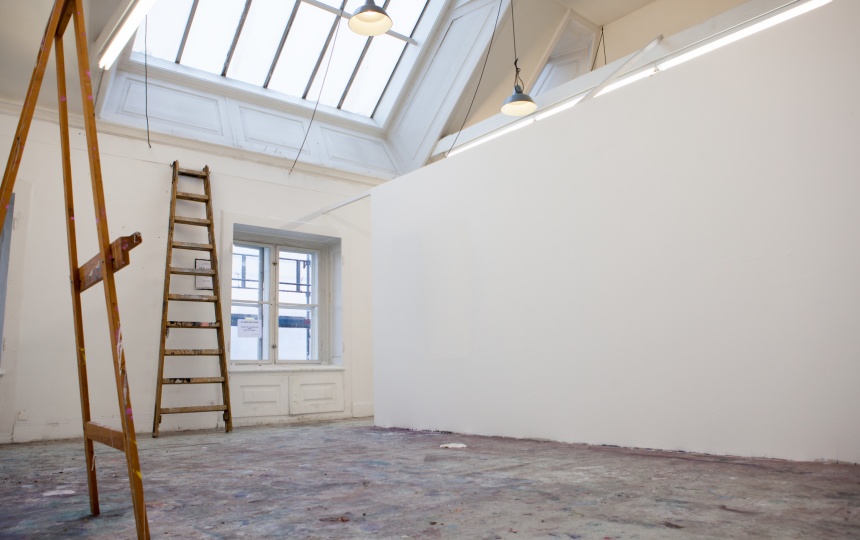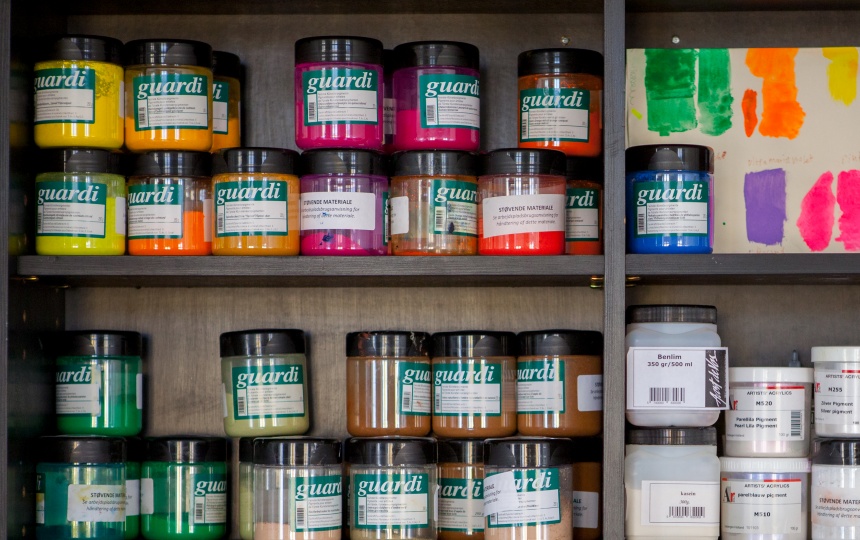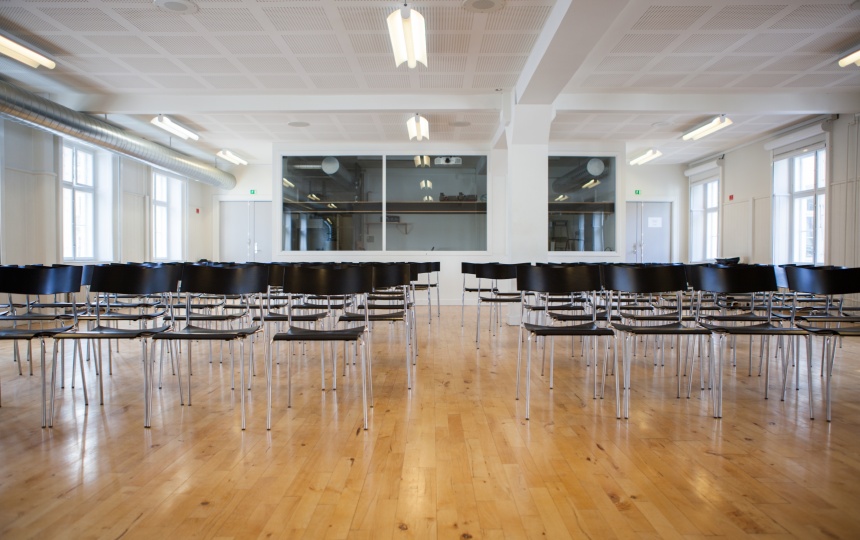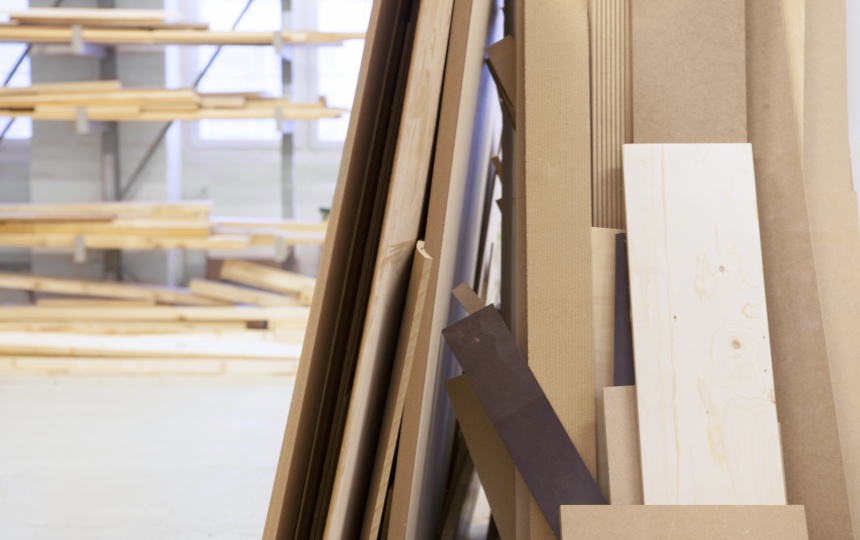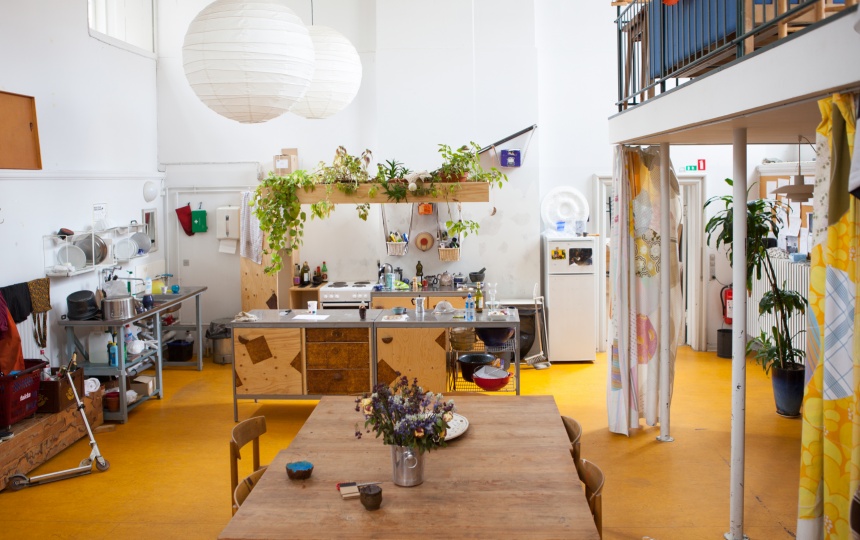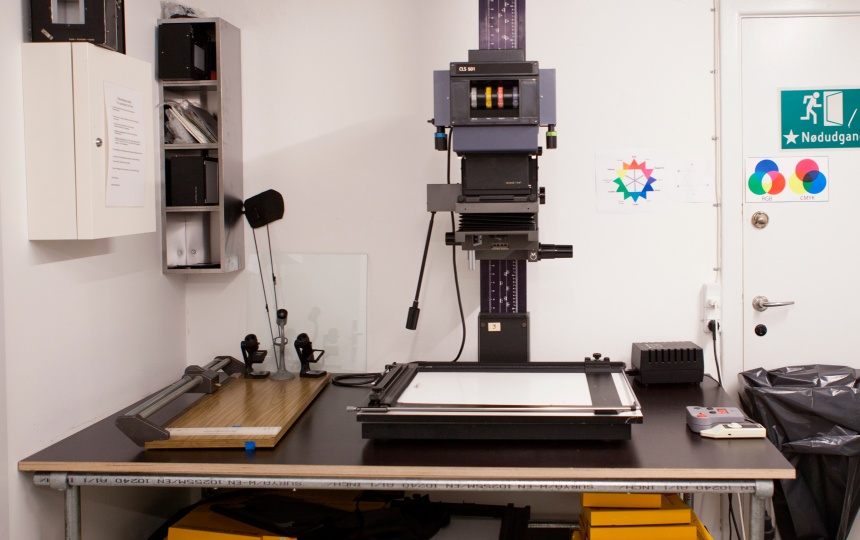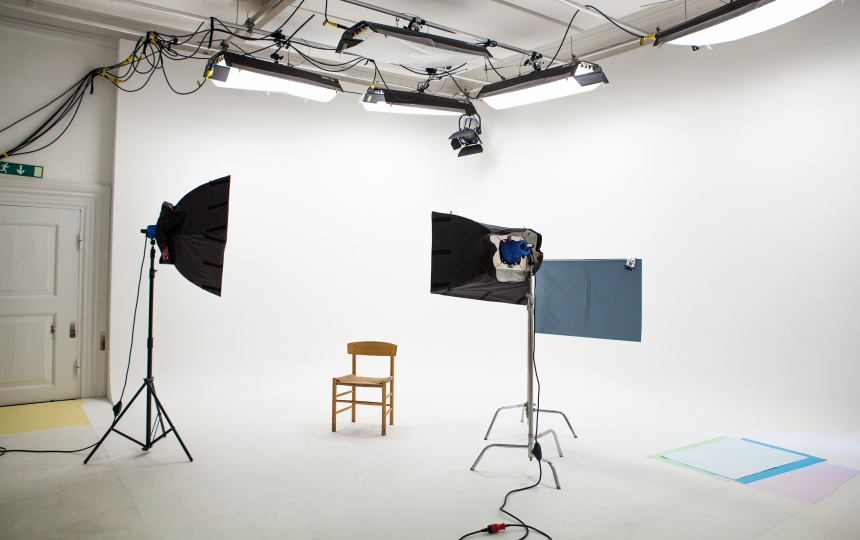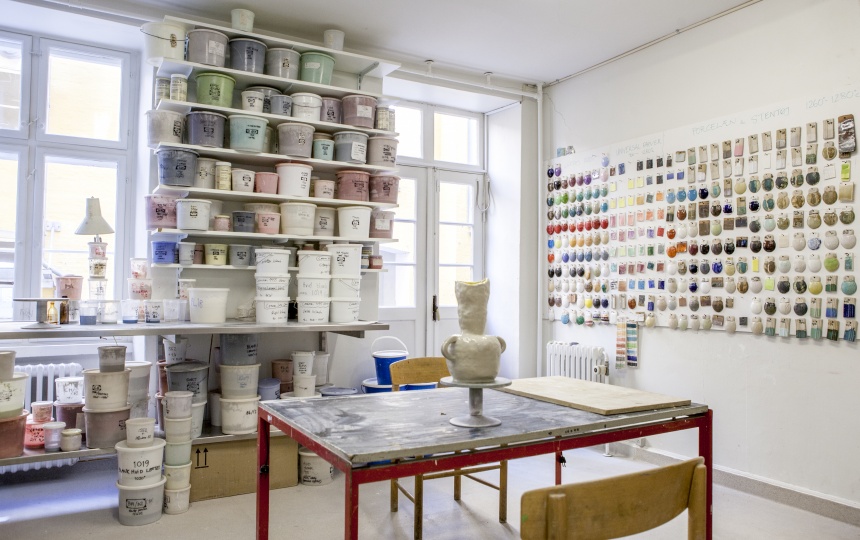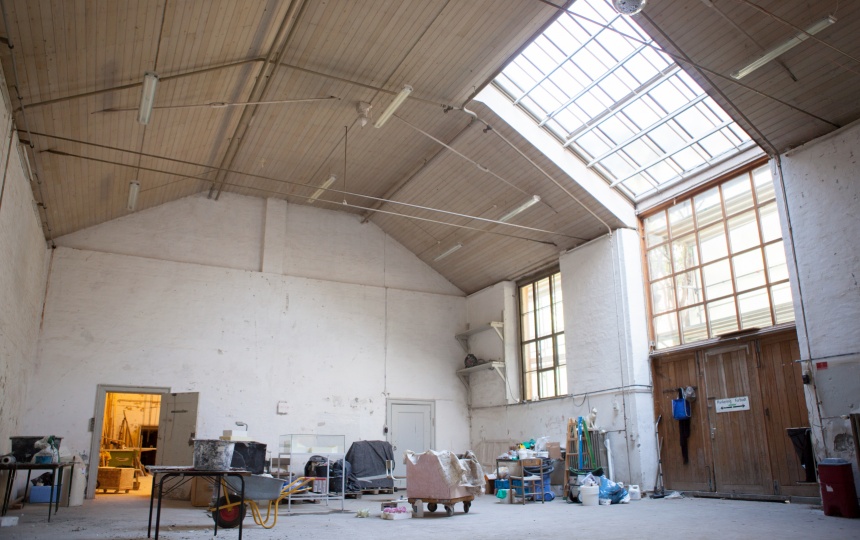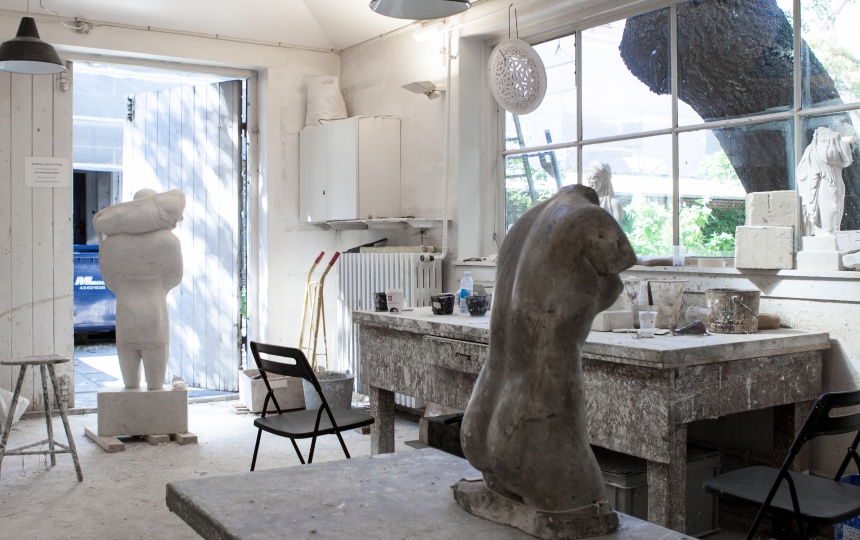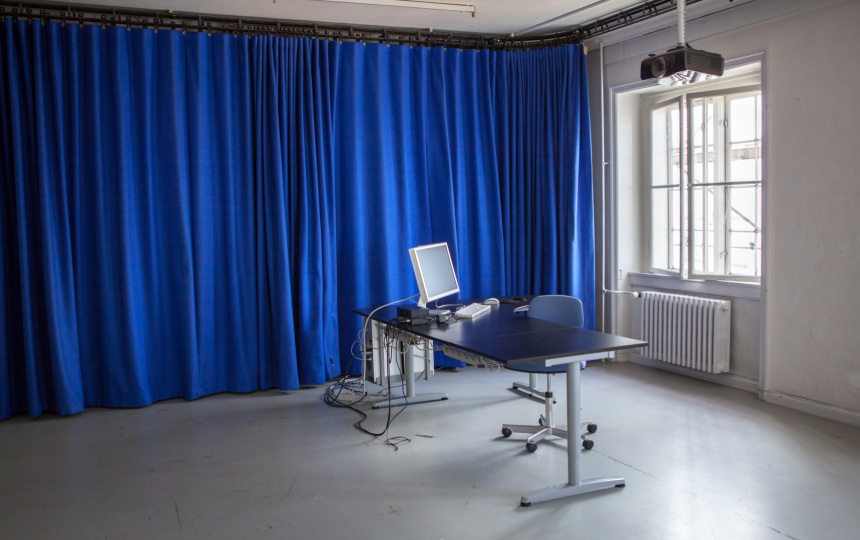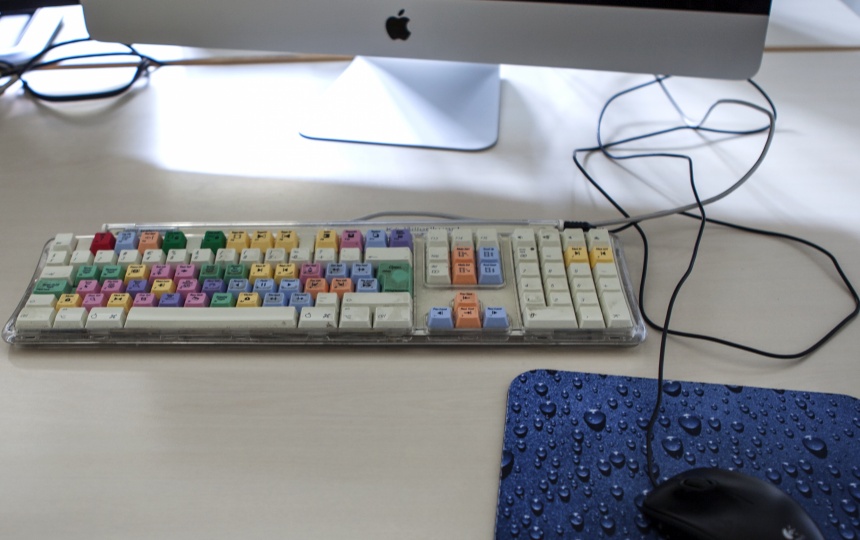Students must be prepared to undertake full-time studies and to actively take part in the various practical and theoretical parts of the studies – often in close co-operation with fellow students.
The objective of the two study programmes is to develop the students’ artistic practice and prepare them for a subsequent career as professional artists.
This is done through one-on-one tutorials, extensive instruction in technical, practical and theoretical aspects of art, and through collective discussions and critical analysis of the work done by students and by other artists.
The official academic regulations are available here:
The three-year BFA study programme qualifies the student for the international MFA study programme with the four departments: The School of Sculpture Charlottenborg; The School of Painting; The School of Conceptual and Contextual Practises and The School of Media Arts.
The MFA study programme takes place at one of the four departments; students can switch from one school to another during their studies. The MFA study programme is concluded by a final assessment of each student’s contribution to that year’s AFGANG (MFA Degree Show).
The BFA and MFA study programmes are both supported by the Laboratory for Art Research, which offers teaching on art theory and art history. The laboratory is also responsible for the overall artistic and academic research done at the Schools of Visual Arts.
During their BFA and MFA studies, students can draw on a range of different laboratories: workshops that make facilities and materials available to students. Here, you can study and engage in actual artistic practices. Part of the teaching will take place at these laboratories.
JOB PROSPECTS
The academy aims to give students the knowledge and qualifications required for them to work professionally as visual artists upon graduation.
In addition to a career as a practicing artist, this includes other professions such as teaching, organisational work, consultancy work, design etc.
ACCESSIBILITY
The academy embraces diversity. Persons with functional impairments and mental disabilities are very welcome to apply.
Most of the teaching at The Royal Danish Academy of Fine Arts takes place in old and listed buildings that do not always offer ideal opportunities for unassisted access, e.g. for wheelchair users.
For this reason we ask applicants with impairments to notify us of their particular requirements so that we can make the necessary arrangements and plan teaching activities accordingly.
